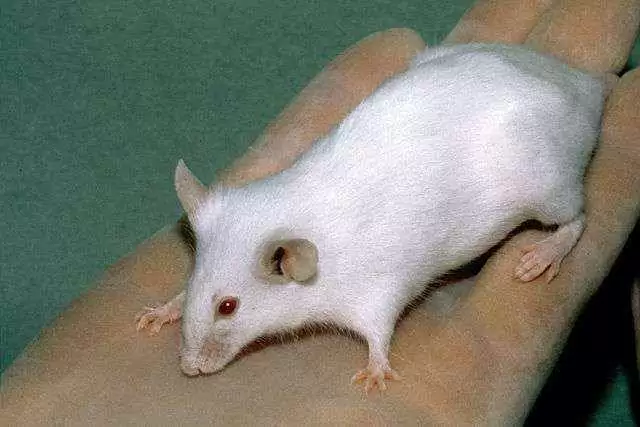Celiac.com 08/08/2016 - Celiac-associated duodenal dysbiosis has not yet been clearly defined, and the mechanisms by which celiac-associated dysbiosis could concur to celiac disease development or exacerbation are unknown. To clarify the situation, a research team recently analyzed the duodenal microbiome of celiac patients.
The research team included V D'Argenio, G Casaburi, V Precone, C Pagliuca, R Colicchio, D Sarnataro, V Discepolo, SM Kim, I Russo, G Del Vecchio Blanco, DS Horner, M Chiara, G Pesole, P Salvatore, G Monteleone, C Ciacci, GJ Caporaso, B Jabrì, F Salvatore, and L Sacchetti. They are variously affiliated with CEINGE-Biotecnologie Avanzate, Naples, Italy, the Department of Molecular Medicine and Medical Biotechnologies and the Department of Medical Translational Sciences and European Laboratory for the Investigation of Food Induced Diseases at the University of Naples Federico II, Naples, Italy, the Department of Medicine and the University of Chicago Celiac Disease Center, University of Chicago, Chicago, Illinois, USA, the Department of Medicine and Surgery, University of Salerno, Salerno, Italy, the Department of System Medicine, University of Rome Tor Vergata, Rome, Italy, the Department of Biosciences, University of Milan, Milan, Italy, the Institute of Biomembranes and Bioenergetics, National Research Council, Bari, Italy, the Department of Biochemistry and Molecular Biology, University of Bari A. Moro, Bari, Italy, the Northern Arizona University, Flagstaff, Arizona, USA, the IRCCS-Fondazione SDN, Naples, Italy.
Celiac.com Sponsor (A12):
The team used DNA sequencing of 16S ribosomal RNA libraries to assess duodenal biopsy samples from 20 adult patients with active celiac disease, 6 celiac disease patients on a gluten-free diet, and 15 control subjects. They cultured, isolated and identified bacterial species by mass spectrometry. Isolated bacterial species were used to infect CaCo-2 cells, and to stimulate normal duodenal explants and cultured human and murine dendritic cells (DCs). They used immunofluorescence and ELISA to assess inflammatory markers and cytokines.
Their findings showed that proteobacteria was the most abundant, and Firmicutes and Actinobacteria the least abundant, phyla in patients with active celiac disease. In patients with active celiac disease, bacteria of the Neisseria genus (Betaproteobacteria class) were substantially more abundant than it was in either of the other groups (P=0.03), with Neisseria flavescens being most prominent Neisseria species.
Whole-genome sequencing of celiac disease-associated Neisseria flavescens and control-Nf showed genetic diversity of the iron acquisition systems, and of some hemoglobin-related genes. Neisseria flavescens was able to escape the lysosomal compartment in CaCo-2 cells and to induce an inflammatory response in DCs and in ex-vivo mucosal explants.
Marked dysbiosis and the pronounced presence of a peculiar strain characterize the duodenal microbiome in active celiac disease patients.
This suggests that celiac-associated Neisseria flavescens could contribute to the many inflammatory signals in celiac disease.
Source:
- Open Original Shared Link







Recommended Comments
There are no comments to display.